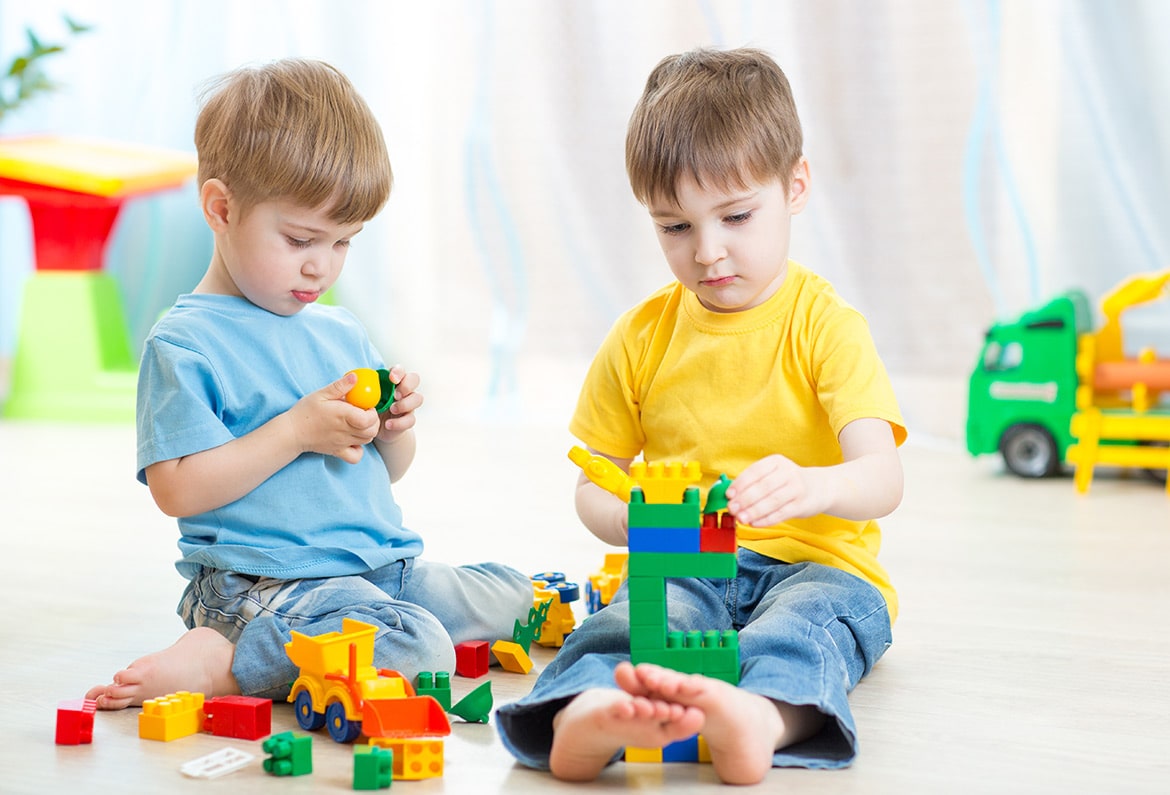Parenting is one of the most significant responsibilities in shaping a child’s future. At Woodsbury Kindergarten, we understand the critical role parents play in nurturing their child’s physical, emotional, intellectual, and social growth. In this blog, we explore how parents can contribute to their child’s development and why their involvement is essential.
1. Emotional Support: Building Confidence and Security
Children thrive in environments where they feel loved and secure. Parents are their first source of emotional support, offering comfort during tough times and celebrating their achievements. Simple acts, like listening to their thoughts or offering a hug, foster confidence and help children build trust in others. Emotional stability at home often translates into a child’s resilience in school and other social settings.
2. Encouraging Intellectual Growth
Parents are a child’s first teachers. Engaging in meaningful conversations, reading together, or exploring educational activities at home sets a strong foundation for intellectual growth. By encouraging curiosity and supporting their questions, parents inspire children to learn and explore. This hands-on involvement complements classroom learning, creating a holistic educational experience for the child.
3. Promoting Social Skills
Social development begins at home. Children observe their parents’ interactions and learn from their behavior. Teaching values like kindness, sharing, empathy, and respect prepares them for positive relationships with peers and teachers. Parents can also encourage group play, participate in school events, and model good social behavior to help their children develop these critical life skills.
4. Creating a Balanced Routine
A well-structured routine instills discipline and helps children manage their time effectively. Parents play a pivotal role in balancing their child’s schedule between school, play, and rest. Ensuring consistent meal times, sleep schedules, and study hours creates a sense of stability, enabling children to excel in both academics and extracurricular activities.
5. Encouraging Healthy Habits
Parents set the foundation for healthy habits in their children. From encouraging nutritious eating to promoting physical activity, parents serve as role models. By creating a healthy lifestyle early on, children are more likely to grow up with habits that support their overall well-being.
6. Fostering Independence
While guidance is essential, it’s equally important to give children the space to make decisions and learn from their experiences. Parents should encourage independence by assigning age-appropriate tasks, allowing their children to express themselves, and supporting their choices. This builds confidence and prepares them for future challenges.
7. Partnering with Schools
A child’s growth is most impactful when parents and schools work together. Regular communication with teachers, participating in school activities, and understanding the curriculum helps parents align their efforts at home with what their child learns at school. This partnership ensures that children receive consistent support and guidance in all areas of development.
Final Words
At Woodsbury Kindergarten in Mohali, we believe that parents are the cornerstone of a child’s growth. Their involvement, encouragement, and love create a nurturing environment where children flourish. By actively participating in their child’s journey, parents not only enhance their growth but also build a lasting bond that shapes their future.
Your role as a parent is invaluable. Let’s work together to ensure your child’s success!




